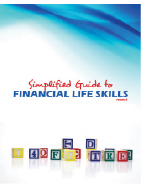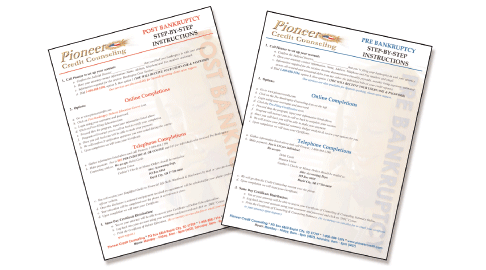New Year's Resolutions
Next month will begin the start of another new year. Many of us will decide that there are some goals we will want to meet for 2017. Most of us will wander off track from these goals by Valentine’s Day. Resolutions are hard to keep, especially if they may be unrealistic or if we try and do too much. It is a much better idea to set out to meet a small goal that doesn’t take a whole year. Make quarterly or even monthly resolutions.
Start with your savings. Give yourself a realistic goal that you want to have in your savings by April 1st. That gives you three months to reach that goal. Ask yourself what you need to do in order to reach that specific goal and focus on accomplishing that.
You will have to look at your budget and plan on how much you have to save in order to reach your goal. You may find that you have to cut and save in other places in order to reach that goal. So in a way you are accomplishing more tasks than just reaching your savings goal (You are monitoring your budget and watching your expenses).
Once April comes then you can see how well you did at meeting your goal. If you were successful then you can set new goals for three more months down the road. If you came up short it’s ok because you still have time to improve and make changes. Don’t be discouraged and set your goal again for July 1st. This time you can make improvements based on the things that you didn’t do in the first three months.
You can also set goals for retirement or college education savings. You can go about it in the same way, setting up goals in shorter increments and trying to meet them.








